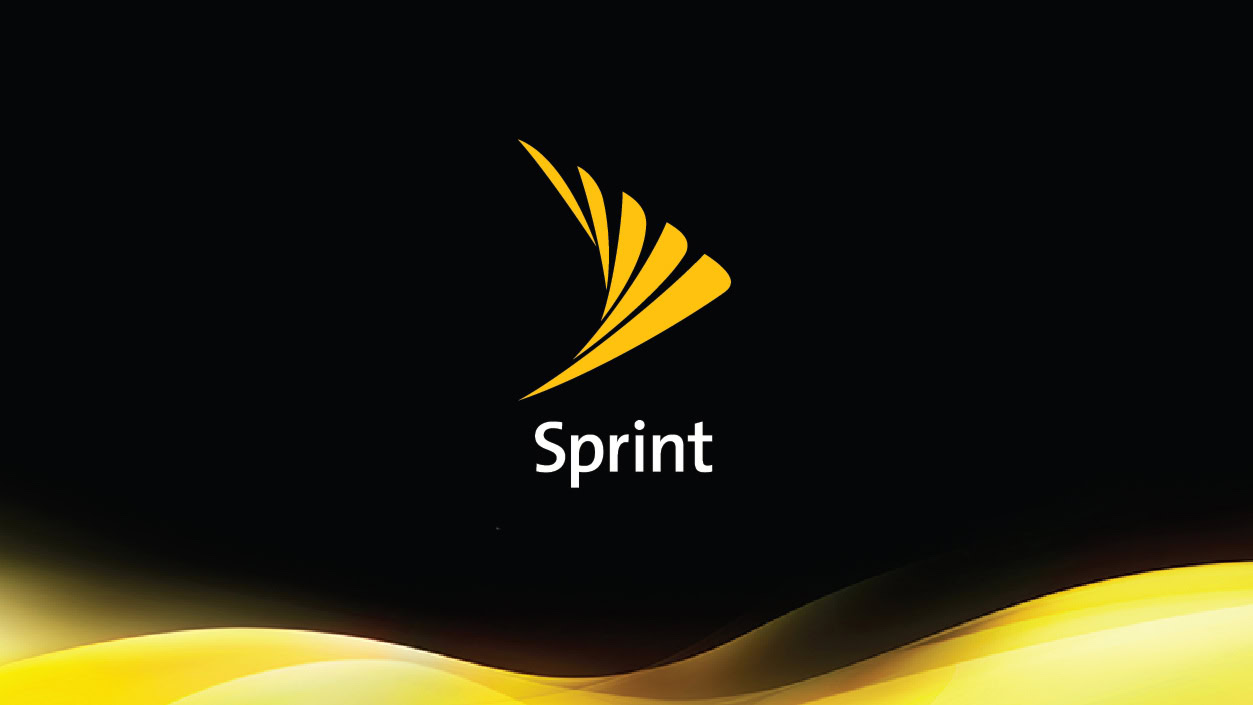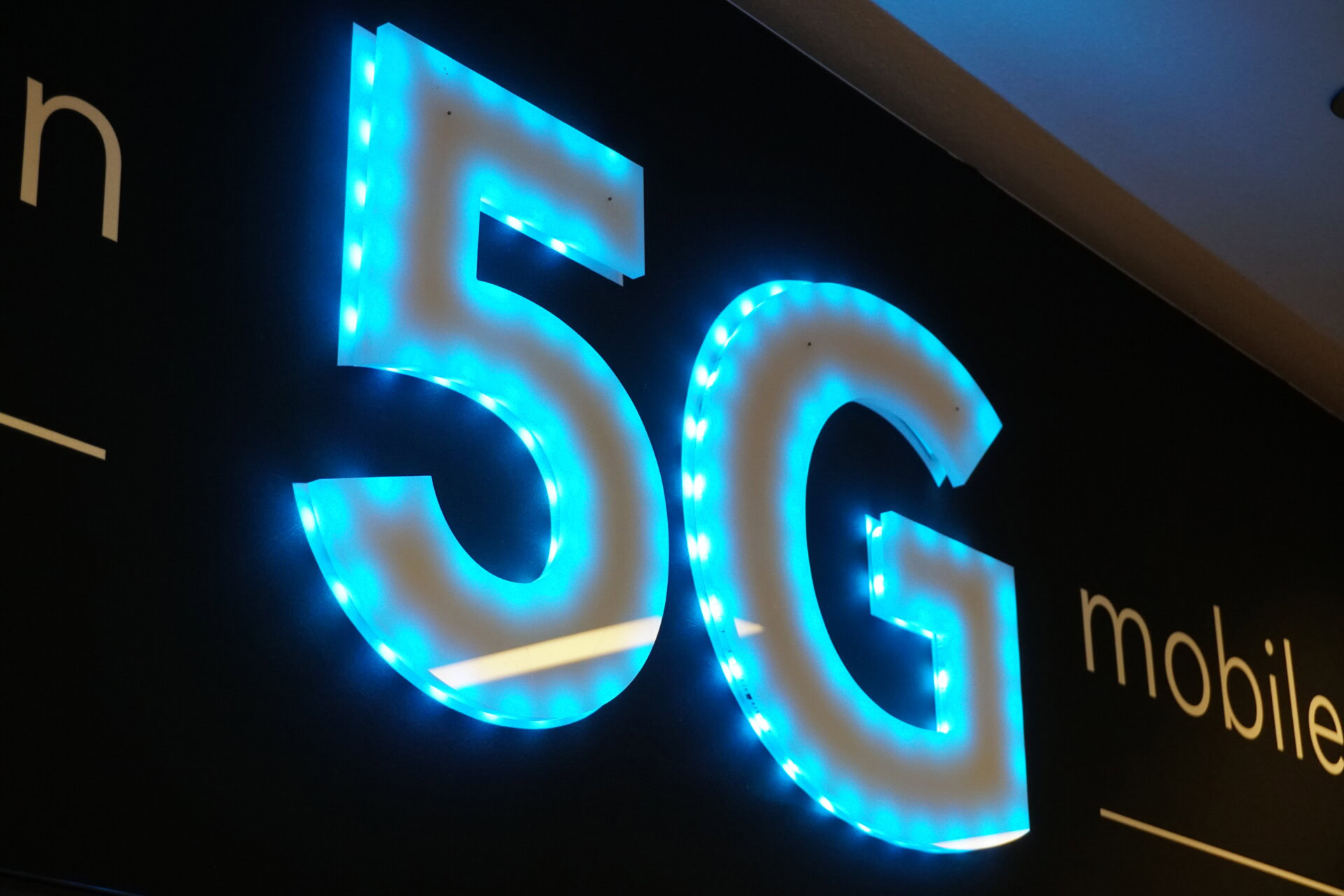Affiliate links on Android Authority may earn us a commission. Learn more.
Sprint sues AT&T, claims '5G E' branding is false advertising
February 8, 2019

Sprint has filed a lawsuit against competitor AT&T over the latter’s use of “5G E” branding on certain phones. Sprint contends in the lawsuit, published by Engadget, that AT&T is “deliberately deceiving consumers” into thinking their 4G phones have been upgraded to 5G. Sprint is seeking an injunction that prevents AT&T from using “5G E” on devices and advertising.
Nothing less than the public’s introduction to 5G is at stake.

Though many believe 5G to be over-hyped, there’s no question that it is a massively important technology that will eventually usher in a new age of interconnected devices. Right now, however, 5G is still in its earliest stages. The four major carriers in the U.S. are all rushing headlong into 5G.
AT&T and Verizon have a small, early lead thanks to several limited deployments. AT&T says standards-based mobile 5G is available in a few places, though only a $400 mobile hotspot can access it. Similarly, Verizon launched non-standard fixed 5G service in four neighborhoods in California. Sprint and T-Mobile, in comparison, don’t expect their mobile 5G networks to get off the ground until the second half of the year.
AT&T pulled a fast one.
In January, AT&T pulled a fast one on the industry. Since 2017, it has been building the “5G E” brand name for its LTE-Advanced network. AT&T’s LTE-A tech may be capable of near gigabit speeds, but 5G it most certainly is not. That didn’t stop AT&T from updating devices on its network to show “5G E” in the status indicator at the top. Android phones were first to show the tag and iPhones followed several weeks later.
The company was instantly lambasted for the lie. Many called AT&T out for this egregious move, but the company doubled down on the lie with the claim that its “customers love it.”
Sprint doesn’t love it, not one bit
“AT&T is deliberately deceiving consumers into believing that [its] existing 4G LTE network operates on a coveted and highly anticipated 5G network,” said a Sprint spokesperson to Android Authority via email. “The reality is that this network isn’t ‘new’ and ‘5G E’ is a false and misleading term.”

Sprint, Verizon, and T-Mobile agree. In January, Verizon CTO Kyle Malady wrote, “We won’t take an old phone and just change the software to turn the 4 in the status bar into a 5.” T-Mobile CEO John Legere was less restrained. “This isn’t just bad marketing by @att, it’s a FLAT OUT LIE,” said Legere on Twitter in January.
AT&T's lie is already having an impact.
Sprint commissioned a survey and found that 54 percent of consumers mistakenly believe AT&T’s “5G E” is “the same as or better than a 5G network.” Moreover, 43 recent of consumers believed if they were to purchase an AT&T phone today that it would provide 5G service. “AT&T’s deceptive ads have harmed consumers by persuading them to purchase or continue purchasing AT&T’s services based on the lie that they are offering 5G,” said Sprint to Android Authority.
AT&T says it isn’t doing anything wrong
AT&T reiterated that it introduced 5G Evolution more than two years ago, “clearly defining it as an evolutionary step” on the path towards 5G, said AT&T to Android Authority. The company went on to explain that the 5G E indicator is meant to signal to AT&T customers that they are in an area that offers mobile data speeds that are faster than standard LTE. “That’s what 5G Evolution is, and we are delighted to deliver it to our customers,” said AT&T.

The company plans to fight the lawsuit, and will continue to deploy 5G Evolution even as it builds out its real, standards-based mobile 5G network.
AT&T also took a shot at its competition. “Sprint will have to reconcile its arguments to the FCC that it cannot deploy a widespread 5G network without T-Mobile while simultaneously claiming in this suit to be launching ‘legitimate 5G technology imminently.'” Sprint and T-Mobile are still awaiting the fate of their proposed merger.
Android Authority reached out to T-Mobile and Verizon for their take on the lawsuit, but they had not responded as of press time.
The lawsuit was filed in the U.S District Court of New York. The court has not responded publicly to the lawsuit, nor have any hearings been scheduled.
Thank you for being part of our community. Read our Comment Policy before posting.